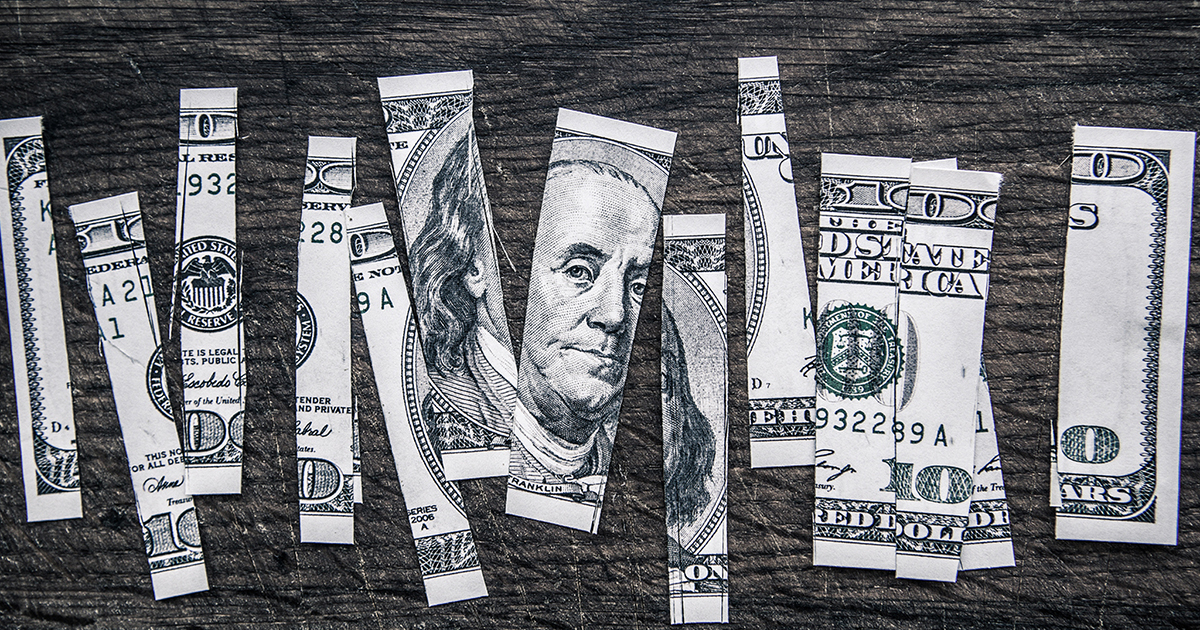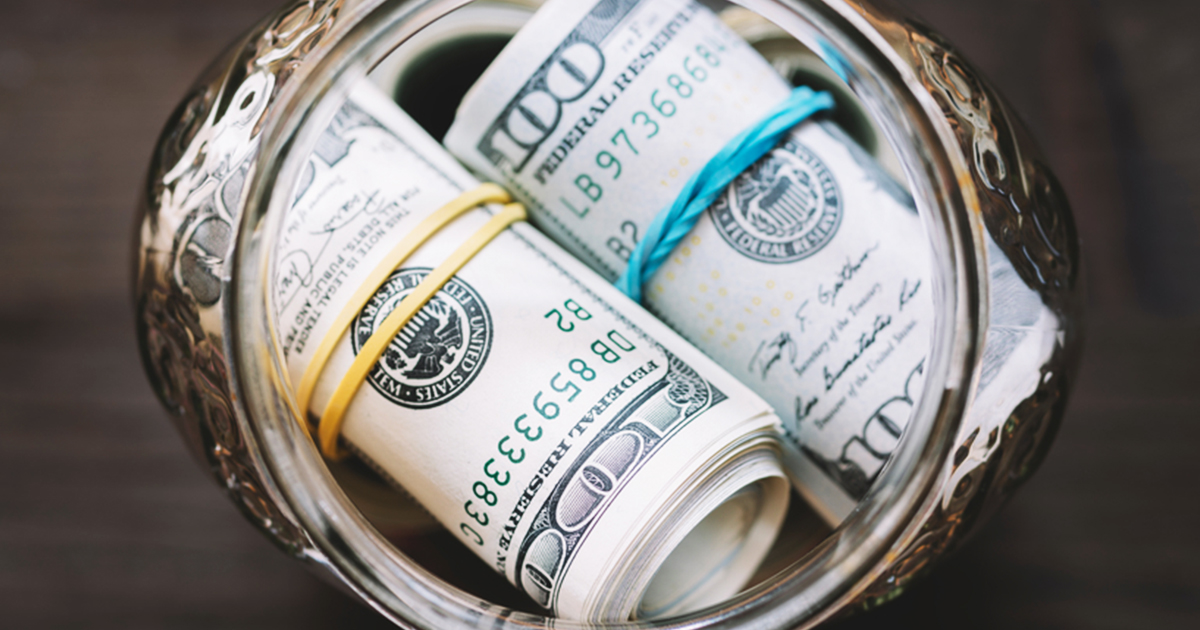Here's What These Memes Get Wrong About How Millennials Spend Their Money

By:
There are plenty of memes advising millennials on ways to better use their money, or criticizing their spending habits.
 Google Images - google.com
Google Images - google.com
 Anith Gopal - anith.com
Anith Gopal - anith.com
Even an Australian millionaire decided to throw his hat in the personal finance ring by blaming millennials' financial insecurity on wasting money on "avocado for $19 and four coffees at $4 each."
However a new analysis reveals the truth about millennials and money: they barely have enough money to cover their basic expenses, never mind save or invest.
 Flickr/Tax Credits - flic.kr
Flickr/Tax Credits - flic.kr
The Center for Financial Services and Innovation, a company that monitors national consumer financial health, released a survey showing that 54 percent of Americans ages 18 to 25 say they have expenses that are eat their entire paycheck or are are greater than their paycheck, CNN reported. Millennials aren't the only ones facing the struggle to pay for the basic needs. The same survey found that nearly half of all Americans are spending their entire income.
"It's your co-workers, the receptionist, the guy mowing your lawn, the woman who takes care of your kids," Jennifer Tescher, president and CEO of CFSI told CNN.
People aren't spending all their money on avocado toast either.
The biggest expense for Americans was housing followed by transportation. Tescher told CNN that Americans' paychecks are completely spent because costs are going up while wages are staying the same.
 Stocksy/Alexey Kozma - stocksy.com
Stocksy/Alexey Kozma - stocksy.com
In a 2015 report, researchers at the Economic Policy Institute found that starting in the early 70s, the pay for American workers has not risen with productivity in the economy overall as it had for previous decades, but instead the rise in compensation went to people already at the top of the pay scale like CEOs. The study found that "net productivity grew 72.2 percent between 1973 and 2014. Yet inflation-adjusted hourly compensation of the median worker rose just 8.7 percent." The study also states, "the wages of the top 1 percent of all wage earners grew 167 percent between 1973 and 2013 (the latest data), and their share of total wages grew from 6.8 percent to 13.2 percent."
EPI's Josh Bivens and Lawrence Mishel wrote that this trend has contributed to the income inequality in the U.S. today.
"These trends indicate that while rising productivity in recent decades provided the potential for a substantial growth in the pay for the vast majority of workers, this potential was squandered due to rising inequality putting a wedge between potential and actual pay growth for these workers," they wrote.
Tescher said that personal finance is often a taboo topic but hiding money struggles doesn't lead to solutions.
"We have a series of structural challenges in this country that require policy solutions," she told CNN. "We need to remove the stigma of talking about money problems and make it clear that a lot of people are struggling."
